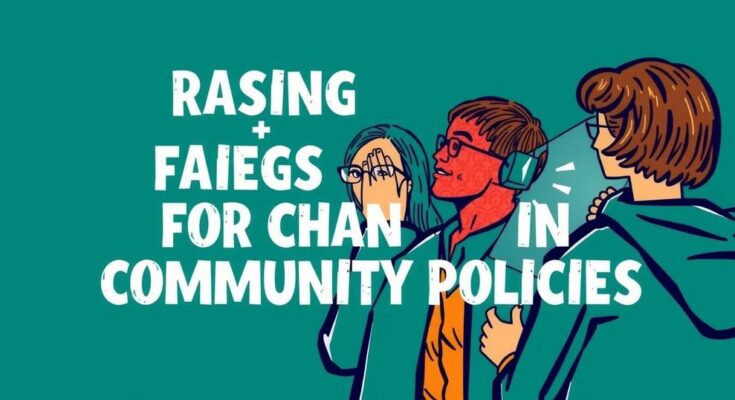COP29 highlighted the pressing need for immediate climate action, emphasizing that financial resources alone cannot address the deep ecological damage inflicted by climate change. Countries like Bangladesh, affected severely by rising temperatures and biodiversity loss, continue to advocate for equitable aid and action plans. The contrast between commitment and action underscores the need for a renewed focus on tangible, enforceable climate strategies to ensure a sustainable future.
The urgency to address climate change was palpable at COP29 in Baku, underscoring the vital need for concrete actions beyond mere financial commitments and policy shifts. As the COP initiative has progressed since its inception in 1995, the slow pace of tangible progress remains a pressing concern. While climate funds have been proposed as a remedy, their efficacy is limited; financial resources cannot undo the irreversible damages inflicted upon ecosystems and biodiversity.
The latent impact of climate change resembles a chronic illness, manifesting silently yet profoundly disrupting our environmental landscape. Biodiversity loss, exemplified by the decline of the magpie robin in Bangladesh, calls for comprehensive restoration efforts rather than mere financial solutions. Money cannot compensate for the devastation of natural habitats, and it is imperative that world leaders prioritize ecological preservation.
Bangladesh has emerged as a prominent voice in international climate forums, particularly during COP28, where it secured a vital $700 million to manage loss and damage from climate impacts and advocated for equitable resource distribution. As a nation acutely affected by climate change, it entered COP29 with heightened urgency to address rising temperatures, increased natural disasters, and biodiversity loss.
The physical consequences of climate change are stark in Bangladesh, evidenced by climate-related disasters that have displaced millions and threatened food security. These disasters disproportionately affect vulnerable populations, exacerbating health disparities, including mental health challenges stemming from climate-related stressors.
Protecting global biodiversity is more critical than ever as vital habitats face the threat of destruction due to climate change. Bangladesh is committed to conservation initiatives and is aligned with global efforts such as the 30×30 pledge, targeting the protection of 30% of Earth’s land and water by 2030.
Ignoring the ramifications of climate change could result in catastrophic consequences, as global temperatures have already escalated beyond safe levels. The disparity between commitments made by developed nations and actual climate action raises concerns, particularly as influential leaders prioritize economic gains over climate strategies.
At both COP29 and the G20 Summit, discussions on climate change, poverty, and inequality unite global leaders. While the G20 has made commendable pledges for climate finance, critics express concern over the emphasis on loans instead of grants for vulnerable nations. The persistent gap between pledges and execution is highlighted by Greenpeace’s call for enforceable outcomes at COP29.
Despite daunting challenges, viable paths forward exist. Enhancing renewable energy initiatives and fostering nature-based solutions can alleviate climate impacts while promoting economic development. Bangladesh’s stance at COP29 serves as an encouragement for global cooperation and accountability in combating climate change.
Ultimately, the battle against climate change transcends financial allocations and policy formulation; it necessitates a profound rethinking of humanity’s relationship with the planet. The dire outcomes of inaction present a grave threat not only to the environment but also to future generations.
Climate change poses a critical and escalating threat to global ecosystems and human societies. Discussions surrounding climate action have been ongoing since the early 1990s, with significant milestones such as the 1992 Earth Summit in Rio de Janeiro and the establishment of the Conference of the Parties (COP) under the UN Framework Convention on Climate Change (UNFCCC) in 1995. Despite these efforts, there has been a significant lag in achieving effective climate action, leading to alarming trends in biodiversity loss, increasing natural disasters, and socioeconomic inequalities. Vulnerable nations, such as Bangladesh, are on the front lines of this crisis, directly experiencing the adverse effects of climate change, which include rising sea levels and intensified weather events.
In summary, the escalating climate crisis necessitates urgent and effective measures that go beyond financial solutions and policy discussions. Key players in the global climate conversation must prioritize concrete actions to safeguard ecosystems, ensure equitable resource distribution, and address the interconnected challenges of poverty and environmental degradation. The approach must emphasize empathy, accountability, and a sustainable future, as the repercussions of climate inaction pose existential risks not only to our planet but to future generations as well.
Original Source: www.newagebd.net




